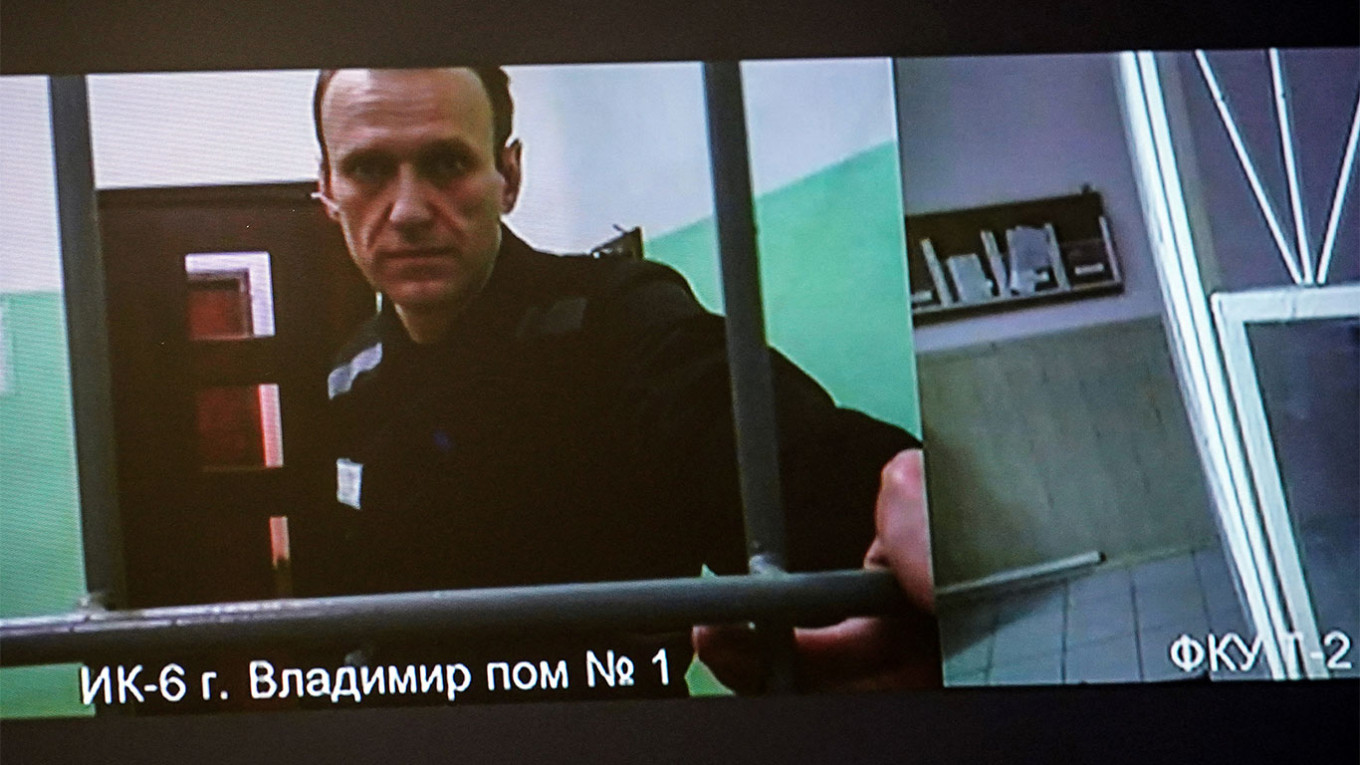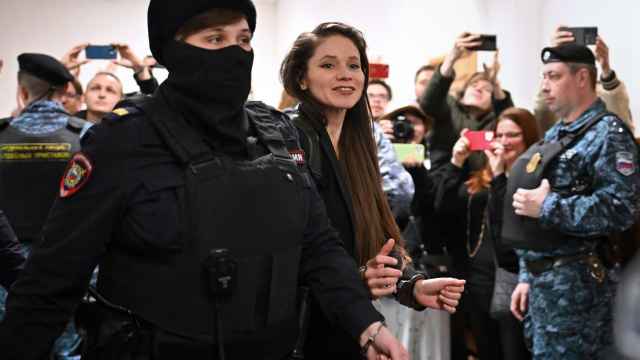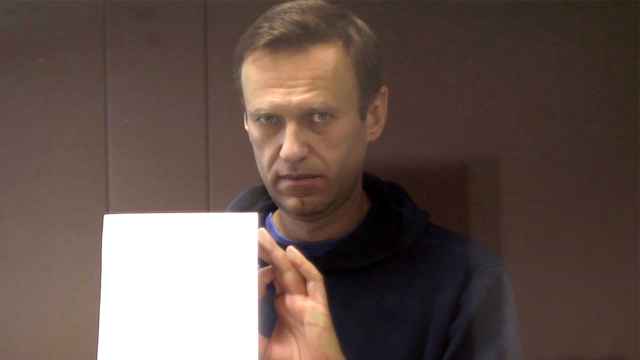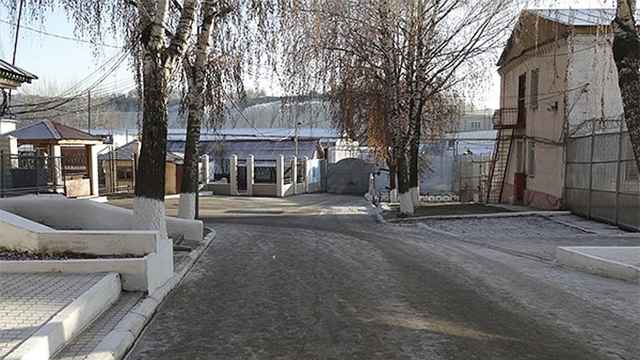Jailed Russian opposition activist Alexei Navalny was returned to solitary confinement on Tuesday, a day after his allies said he was deprived of writing materials, his only means of communication with the outside world.
"They put Alexei in an isolation cell for the 21st time," Navalny's exiled spokeswoman Kira Yarmysh said on social media, noting that he "will have spent 236 days" total in the small confinement cell.
The 47-year-old opposition activist, whose appearance has changed dramatically since he was jailed in 2021, has been in and out of solitary confinement for months.
A day earlier, his allies sounded the alarm, saying they "did not know" why he missed a court hearing, which was taking place inside the maximum security prison where he is held.
They later said he did not go in protest of being deprived of his ability to write letters.
"Alexei Navalny was deprived of his writing tools. Now he has no ability to write letters. Therefore, he declined to come out from his cell for the trial," Yarmysh said on social media on Monday.
"After that, several individuals forcibly entered his cell and physically escorted him to the investigator's office," she added.
Russian authorities arrested three of Navalny's lawyers earlier this month, with his team warning that Russian authorities want to further restrict his contact outside the prison walls.
"Nobody is allowed to see me. I am completely isolated from information," Navalny said during a court hearing in prison last week.
Navalny had his prison sentence increased to 19 years this summer and will soon be moved to a "special regime" colony, the harshest type of prison in Russia.
A Message from The Moscow Times:
Dear readers,
We are facing unprecedented challenges. Russia's Prosecutor General's Office has designated The Moscow Times as an "undesirable" organization, criminalizing our work and putting our staff at risk of prosecution. This follows our earlier unjust labeling as a "foreign agent."
These actions are direct attempts to silence independent journalism in Russia. The authorities claim our work "discredits the decisions of the Russian leadership." We see things differently: we strive to provide accurate, unbiased reporting on Russia.
We, the journalists of The Moscow Times, refuse to be silenced. But to continue our work, we need your help.
Your support, no matter how small, makes a world of difference. If you can, please support us monthly starting from just $2. It's quick to set up, and every contribution makes a significant impact.
By supporting The Moscow Times, you're defending open, independent journalism in the face of repression. Thank you for standing with us.
Remind me later.






